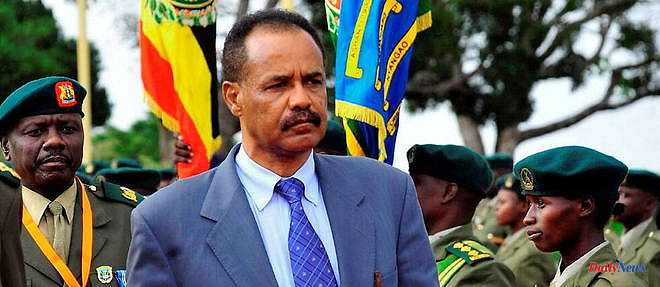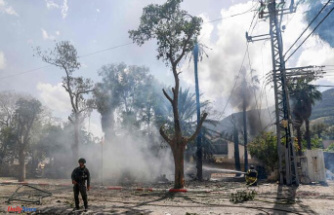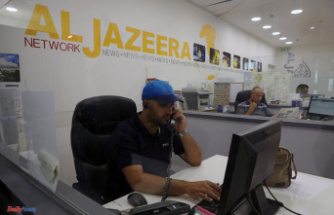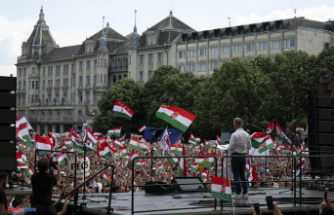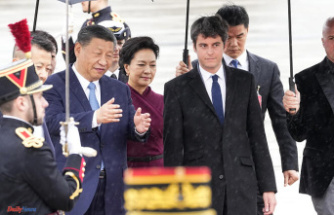Eritrea turned 30 on May 24. Celebrations that sound like a painful reminder of lost years and a "call to action", says Vanessa Tsehaye, a Swedish-Eritrean human rights activist. Often referred to as the "North Korea of Africa", this country is ruled with an iron fist by Issayas Afeworki, the first and only head of state since 1993. All information there remains almost inaccessible and no official data filters through. from this closed door, to the number of inhabitants, which would be between 3 and 6 million.
The votes at the United Nations on the war in Ukraine are a good indicator of Eritrea's positions. When a text was put to the vote for Russia to "immediately cease using force against Ukraine" on February 23, 141 member countries were in favor. Only six countries stand out in supporting Moscow: North Korea, Belarus, Syria, Nicaragua, Mali… and Issayas Afeworki's Eritrea.
The Eritrean president, unofficially in power since 1991, installed an authoritarian regime from the start. For this, he did not hesitate to get rid of all his competitors, to the point of having his own blood brother executed. In 1993, the UN and the African Union recognized the independence of Eritrea. The hopes of democracy that Eritreans clung to will soon be dashed. Elections will never take place and a one-party system is in place.
A year later, the dictator, admirer of Mao, founded a new political movement: the Popular Front for Democracy and Justice (FPDJ). The country is therefore heading towards totalitarianism, contrary to what the ideals of freedom and justice suggest. In power, Afeworki broke with the ambitions of the FPLE (People's Front for the Freedom of Eritrea), the liberation party, which was largely inspired by the Algerian FLN.
The war on Ethiopia, declared by Issayas Afeworki in 1998, then left many Eritreans in disarray. "They danced for independence and then were sacrificed for a war that made no sense," says Meron Estefanos, an Eritrean-born journalist living in exile in Sweden. On the contrary, the drift has increased.
From this turning point in 2001, all hope of democracy was erased. In this "open air prison" that this small country in the Horn of Africa has become, repression and arbitrary detentions have never ceased. To date, there is no information on the number of political prisoners held in the country.
Issayas Afeworki "doesn't care about his people at all, and anyone who disagrees with him is a traitor," said Alain Gascon, a professor at the University of Paris-VIII and a specialist in Eritrea. In 2013, members of the military attempted a coup at Forto, the former Italian colonial fort where state broadcasting and the Ministry of Information are located. They demanded in particular the application of a constitution and the release of political prisoners. But the putsch failed.
This episode led the Head of State to form a Praetorian Guard, composed mainly of refugees from the Ethiopian region of Tigray. This presidential militia is known for its violence, looting, summary executions and rapes. "These methods are the basis of repression in Eritrea," explains the specialist. We have never known, at least in this part of Africa, a regime so brutal, so bloodthirsty, so careless of human life. Eritrea, ranked 176 out of 191 on the Human Development Index in 2021 by the UN, would thus be "one of the most horrible regimes that can exist on the surface of the Earth", according to Alain Gascon.

